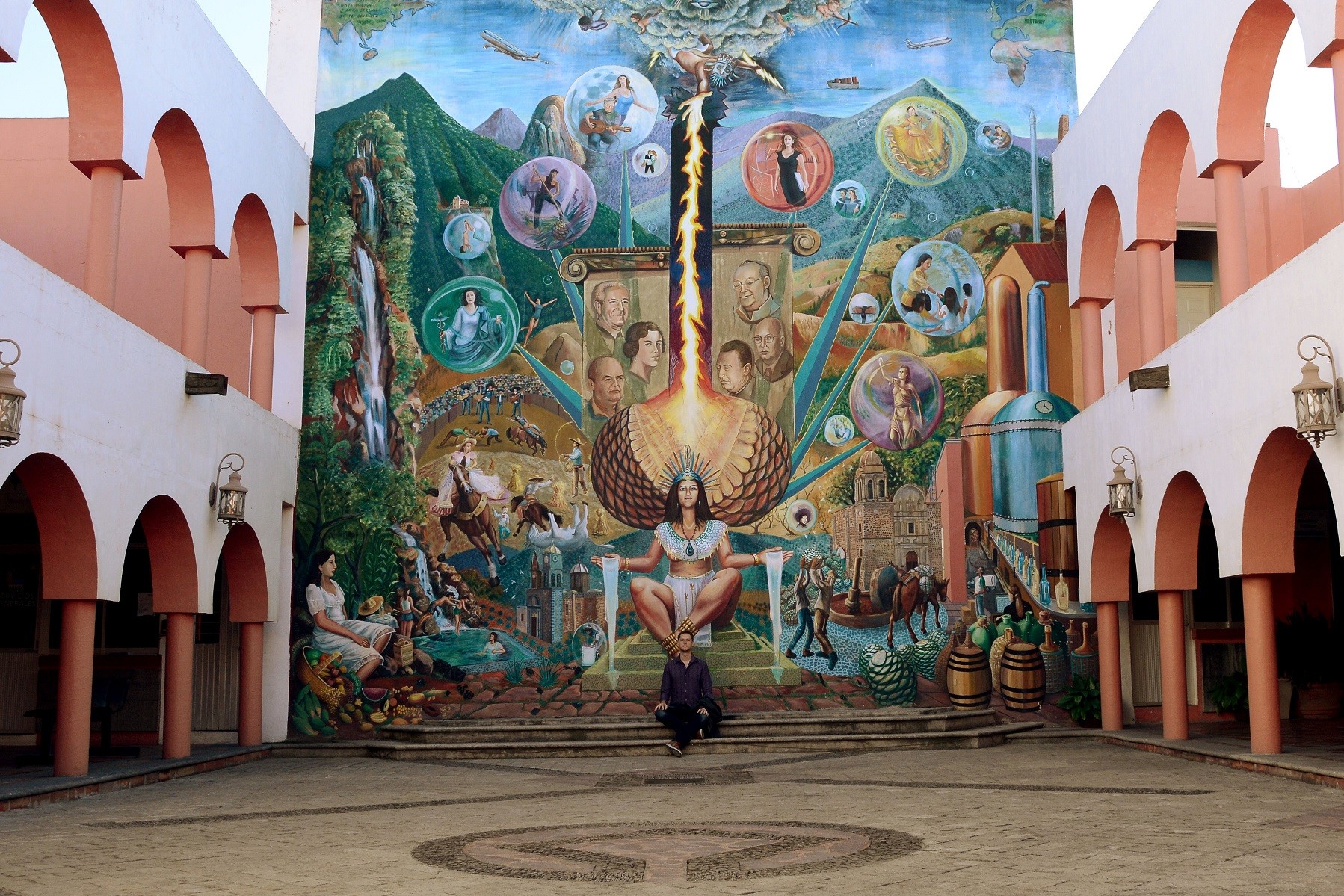The Episode:
To download the audio, right click and press “save as”.
Remember to subscribe on iTunes or subscribe on Pocket Casts.
If you enjoyed the episode, don’t keep it a secret! Feel free to share it on Twitter, Tumblr, Facebook, Reddit, or your office bathroom wall.
The Cash:
We really appreciate all of your contributions! Every cent and satoshi we receive lets us know that we’re doing something worthwhile, that you are entertained by our program, and that you’re starting to question what you know more and more. Please be generous. Donate to The Paradise Paradox.
The Story:
The Panopticon was a well-crafted piece of architecture which allowed just a couple of guards to watch an entire prison. The prisoners never knew exactly when they were being watched, but they always knew that the potential was there. Juan Galt made the case in his article “Anne Frank Had ‘Something to Hide’ and Something to Fear“, that this is a perfect analogy for the modern surveillance state, the many programs which officially exist to keep us safe from terrorism, but in fact are one of the greatest examples of mass government overreach that the world has ever seen, short of genocide.
It’s common that when you present these facts to regular people, they will say “But why does it matter? I really don’t think I’m that important that they’ll want to see my information.” Yet, when one organisation, or one agent of an organisation, has this much power, it really doesn’t matter whether you’re important or not. When someone is that powerful, they can dig up your personal information, and probably destroy your life, for a personal vendetta or even for a joke. So what can we do about this?
I had another chance to interview Juan Galt and talk about security, privacy, a few things you can do to protect yourself, and how technology will be used by regular people in the near future to evade the clutches of domineering governments.
Join us both on this next exhilarating episode of… The Paradise Paradox!
The Links:
Juan Galt’s articles on Cointelegraph
Ethereum prepares for take-off – on Cointelegraph
Anne Frank Had ‘Something to Hide’ and Something to Fear (Op-Ed) – on Cointelegraph
The Crypto Anarchist Manifesto
Facebook is expanding the way it tracks your data

